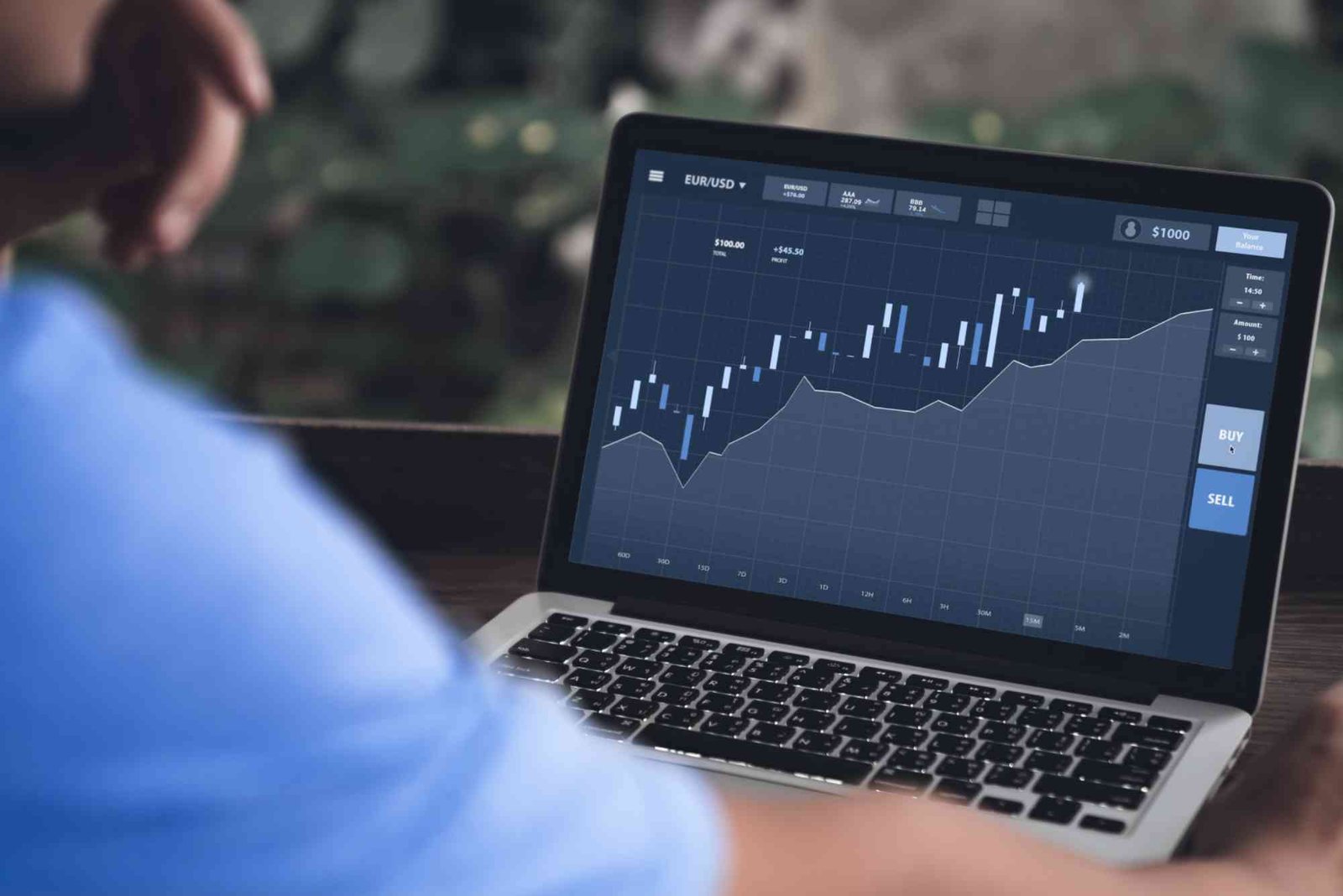The inventory market usually serves as a barometer for the financial well being of a nation, reflecting the collective expectations, fears, and confidence of traders relating to the long run. But, for a lot of, the inventory market stays a posh and elusive entity, shrouded in jargon and unpredictability. This text goals to demystify the inventory market, providing a transparent understanding of its features, the significance of investing, and the dynamics that affect market actions. Here’s what consultants like Kavan Choksi say.
What’s the Inventory Market?
At its core, the inventory market is a community of exchanges the place shares of publicly traded firms are purchased and bought. These shares signify possession in an organization. When people buy inventory, they primarily purchase a small piece of that firm, changing into shareholders. The inventory market facilitates this course of, enabling firms to boost capital from traders to fund operations, growth, and innovation.
The Function of Inventory Exchanges
Inventory exchanges, such because the New York Inventory Trade (NYSE) and the Nasdaq, present the infrastructure and regulatory framework for the buying and selling of shares. They guarantee transparency, equity, and effectivity out there, publishing costs and facilitating transactions between patrons and sellers. Every alternate has its standards for itemizing firms, contributing to the range of funding alternatives obtainable to the general public.
Why Spend money on the Inventory Market?
Investing within the inventory market affords people the chance to develop their wealth over time. Traditionally, shares have supplied increased long-term returns than different investments, comparable to bonds or financial savings accounts, albeit with increased volatility and threat. By investing in a diversified portfolio of shares, traders can mitigate these dangers and probably earn returns that outpace inflation, contributing to monetary safety and wealth accumulation.
Understanding Market Dynamics
A number of elements affect inventory market dynamics, together with:
- Financial Indicators: Financial knowledge, comparable to GDP progress charges, unemployment figures, and inflation, can considerably impression investor sentiment and inventory costs. Constructive indicators usually increase confidence, whereas detrimental knowledge can result in market declines.
- Company Efficiency: The monetary well being and efficiency of particular person firms play an important function of their inventory costs. Earnings stories, administration adjustments, new product launches, and different company developments can drive inventory costs up or down.
- Market Sentiment: Investor psychology and sentiment may affect market actions. Worry, hypothesis, and herd conduct can result in speedy swings in inventory costs, impartial of underlying financial or company fundamentals.
- World Occasions: Geopolitical occasions, worldwide financial developments, and international crises, comparable to pandemics or monetary collapses, can have a widespread impression on the inventory market, affecting investor confidence and threat tolerance.
Navigating the Inventory Market
For these trying to put money into the inventory market, a strategic strategy is crucial. Key methods embody:
- Diversification: Spreading investments throughout a variety of sectors and asset lessons can scale back threat and volatility in a portfolio.
- Analysis: Understanding the businesses and sectors by which you make investments, in addition to staying knowledgeable about financial developments and market situations, is essential for making knowledgeable funding selections.
- Lengthy-Time period Perspective: Given the market’s inherent volatility, adopting a long-term funding horizon will help navigate short-term fluctuations and capitalize on the expansion potential of the market.
- Skilled Recommendation: Consulting with monetary advisors or funding professionals can present precious insights and steering tailor-made to particular person monetary targets and threat tolerance.
Conclusion
The inventory market is an important element of the worldwide economic system, providing a mechanism for firms to boost capital and for traders to take part within the financial progress. By understanding the basics of how the market operates and the elements influencing inventory costs, people could make extra knowledgeable funding selections, leveraging the inventory market as a device for wealth creation and monetary empowerment.










